On June 4, 2025, President Trump issued a Presidential Proclamation restricting the entry of foreign nationals from 19 countries—imposing “full” restrictions on 12 and “partial” restrictions on 7—an action that fulfills a long-standing campaign promise of a new travel ban.
According to reports, following the Trump administration’s issuance of a travel (entry) ban/restrictions on 19 countries, President Trump is considering expanding the ban to up to 36 additional, mostly African, countries.
The 36 countries have 60 days to “mitigate ongoing vetting and screening concerns, develop corrective action plans to remediate deficiencies and evaluate progress.” A related cable reportedly said there was a range of concerns but did not specify what the concerns were for each country. In general, the cable cited concerns including unreliability in identity documents, criminal records, passports, and visa overstays, among other issues. The countries could reduce the concerns, the cable said, if they agree to accept deportees or asylees from other countries sent by the United States.
The countries on the new list reportedly include Angola, Antigua and Barbuda, Benin, Bhutan, Burkina Faso, Cambodia, Cameroon, Cape Verde, the Democratic Republic of Congo, Djibouti, Dominica, Ethiopia, Egypt, Gabon, Gambia, Ghana, Ivory Coast, Kyrgyzstan, Liberia, Malawi, Mauritania, Niger, Nigeria, St. Kitts and Nevis, St. Lucia, São Tomé and Príncipe, Senegal, South Sudan, Syria, Tanzania, Tonga, Tuvalu, Uganda, Vanuatu, Zambia, and Zimbabwe.
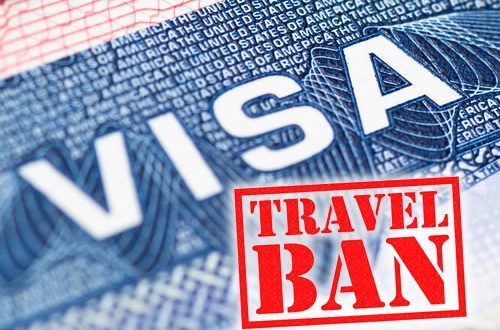


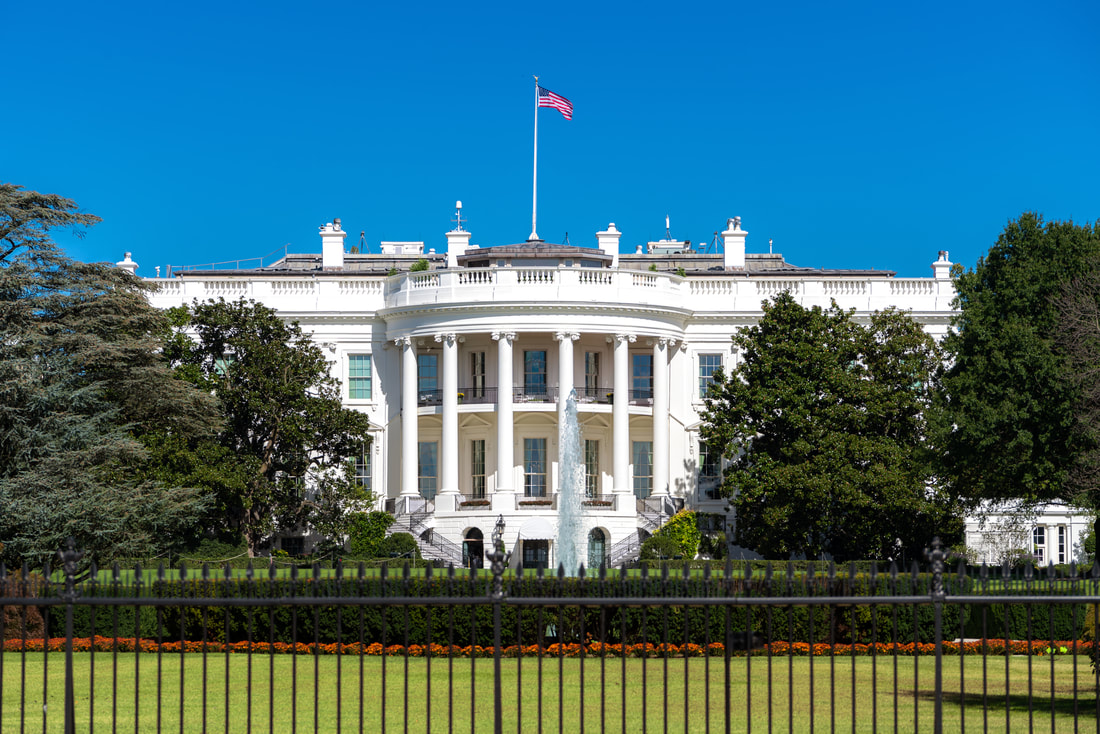
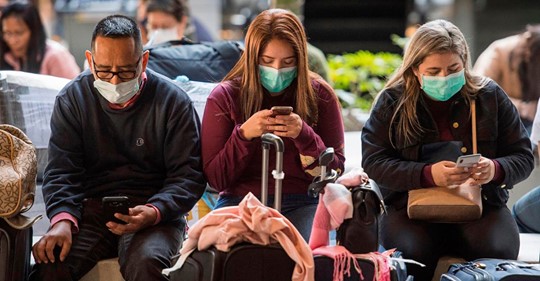
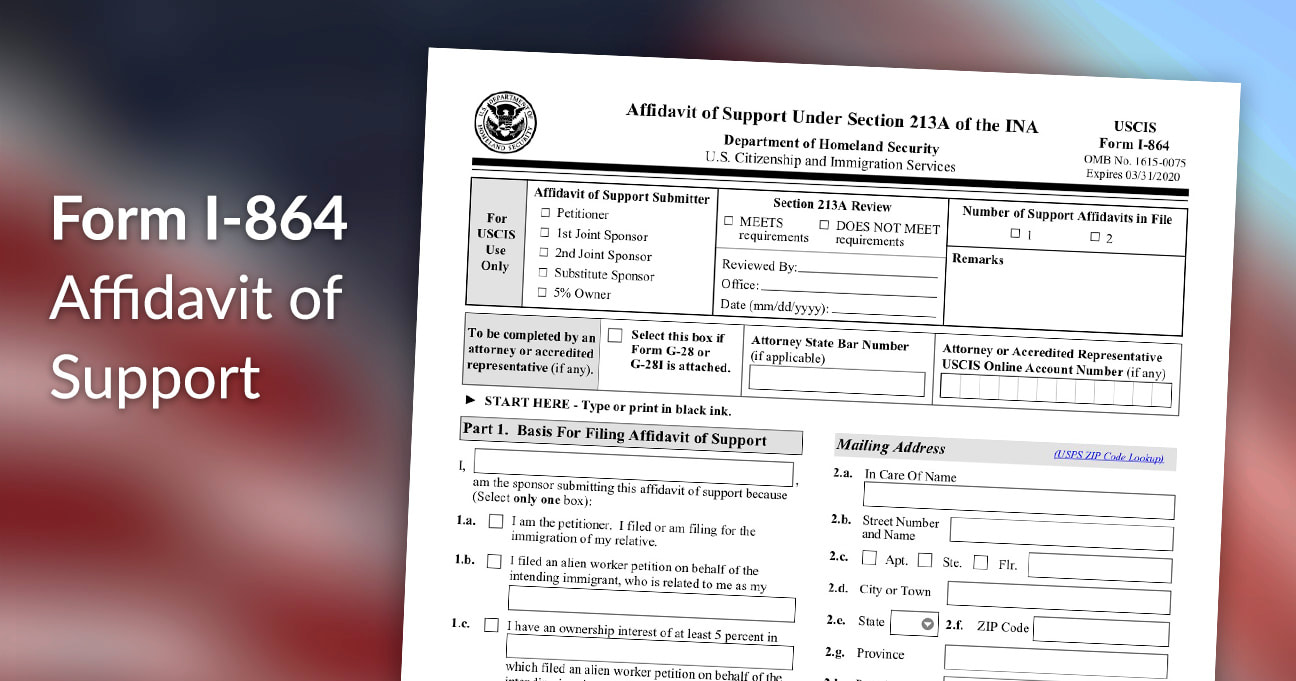
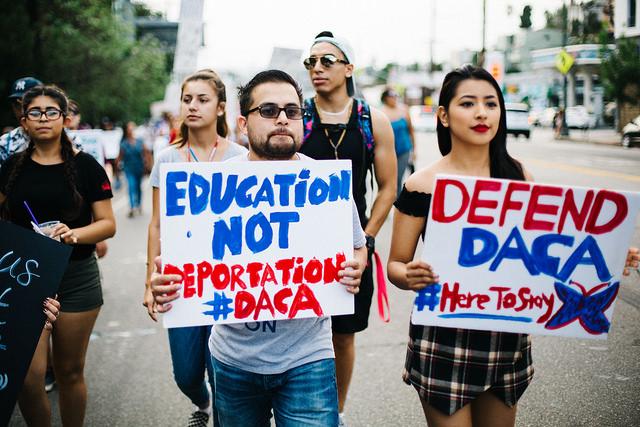
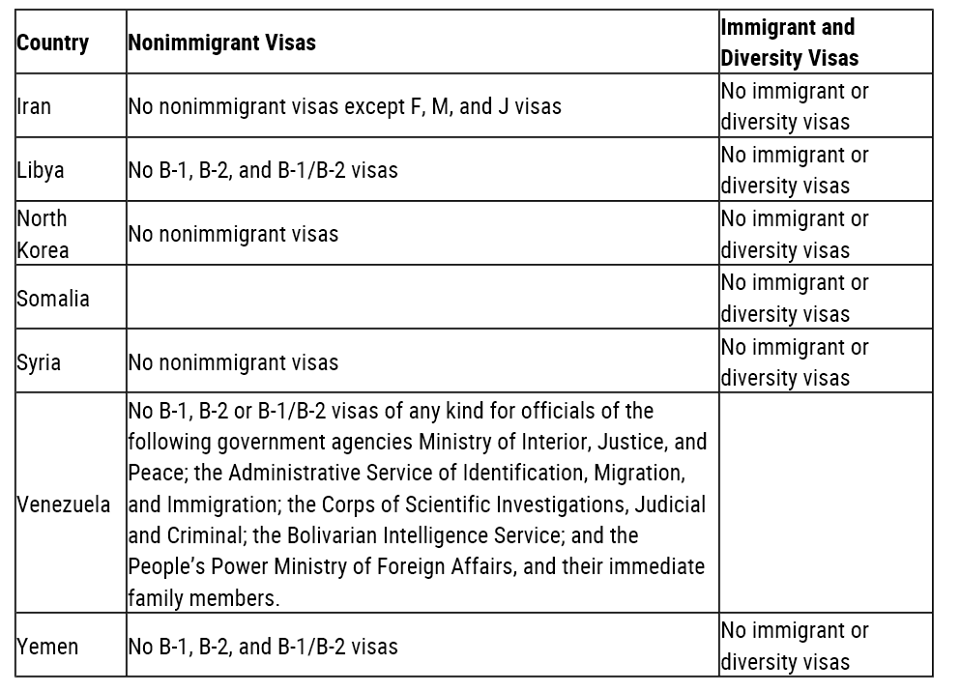



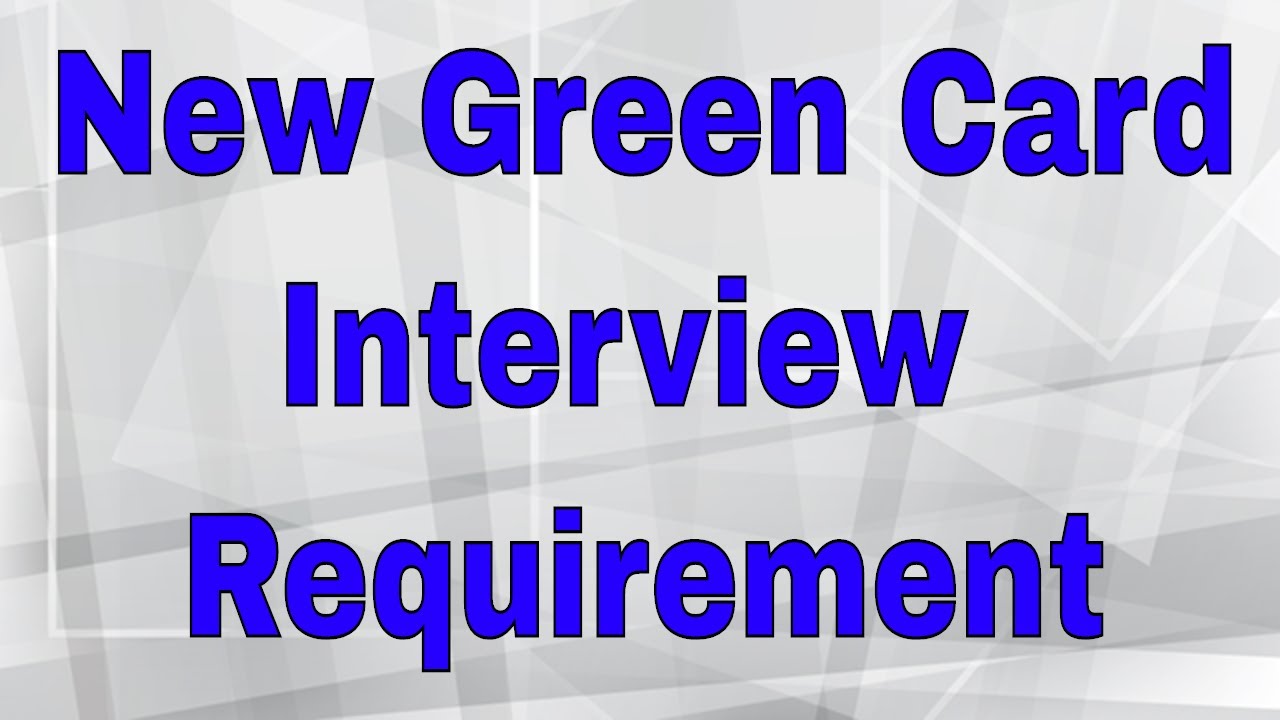
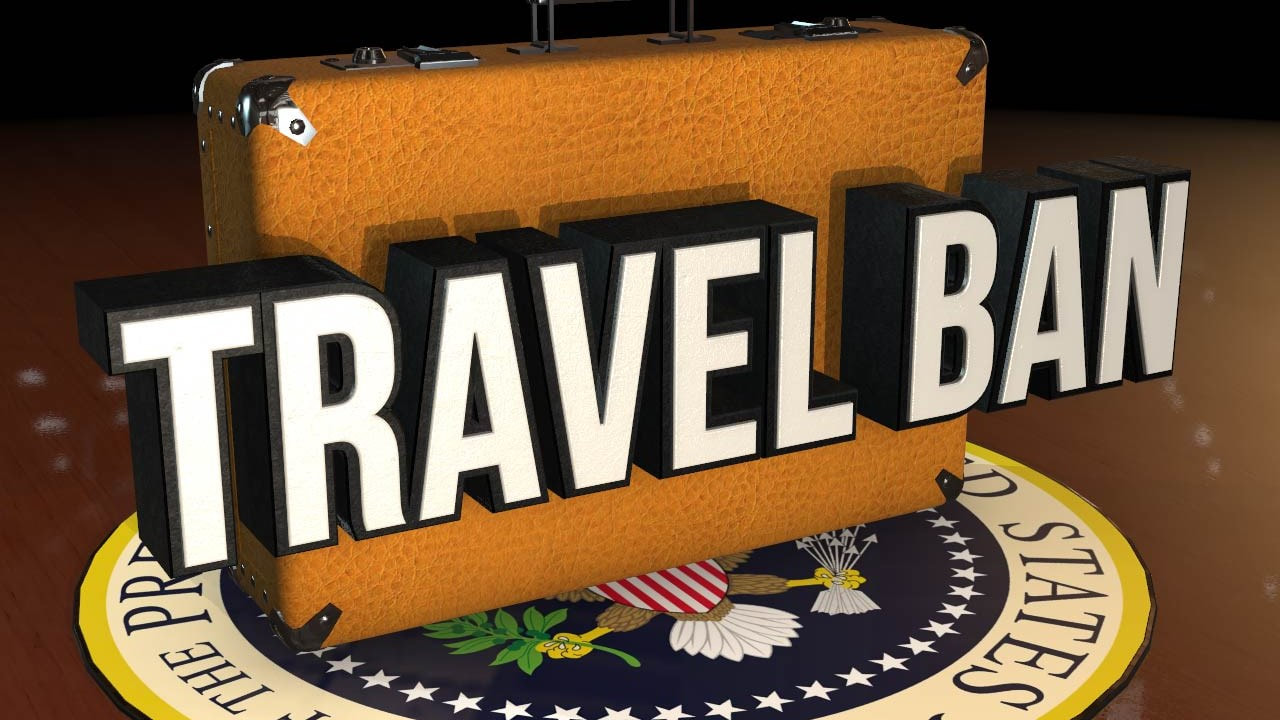
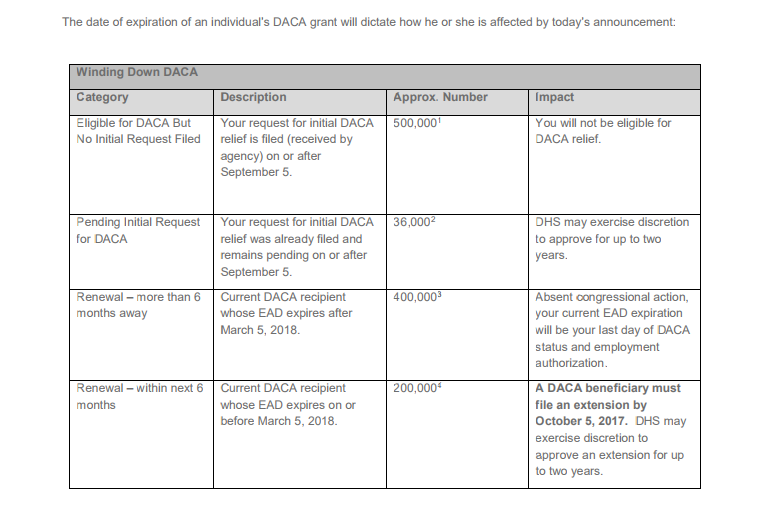

 RSS Feed
RSS Feed